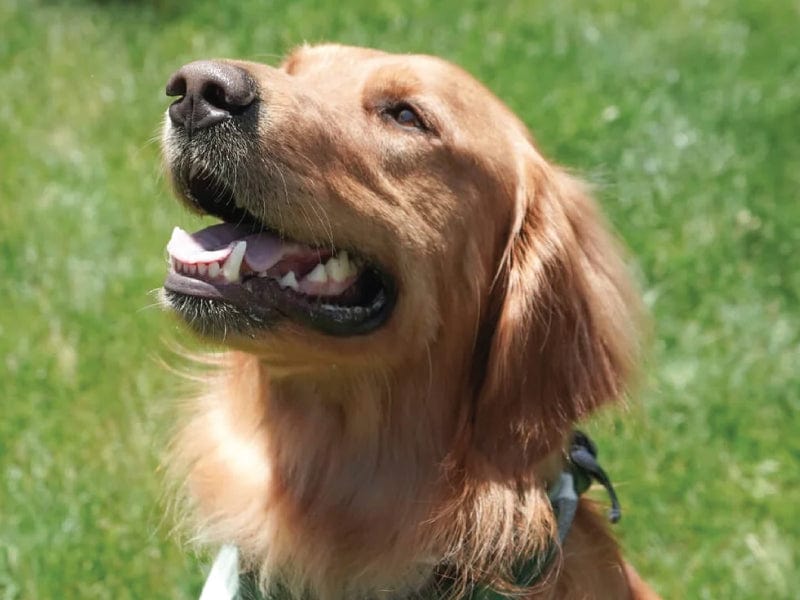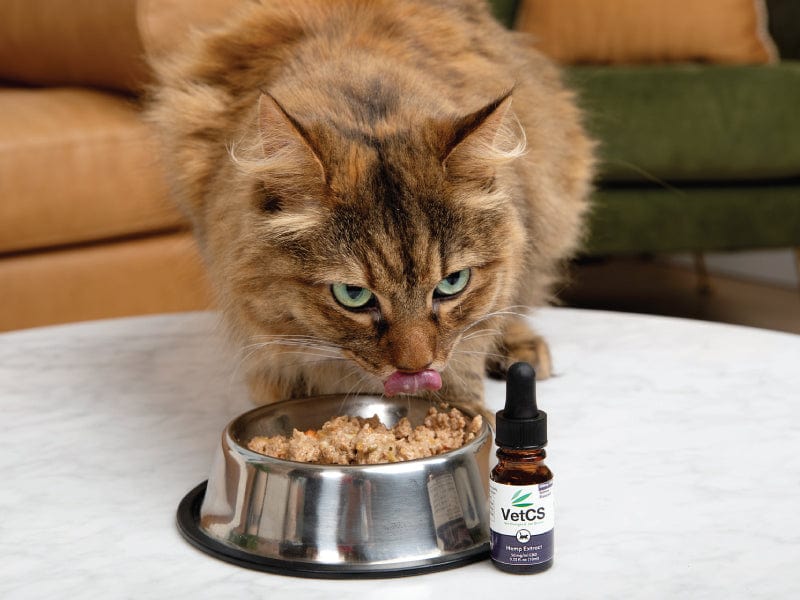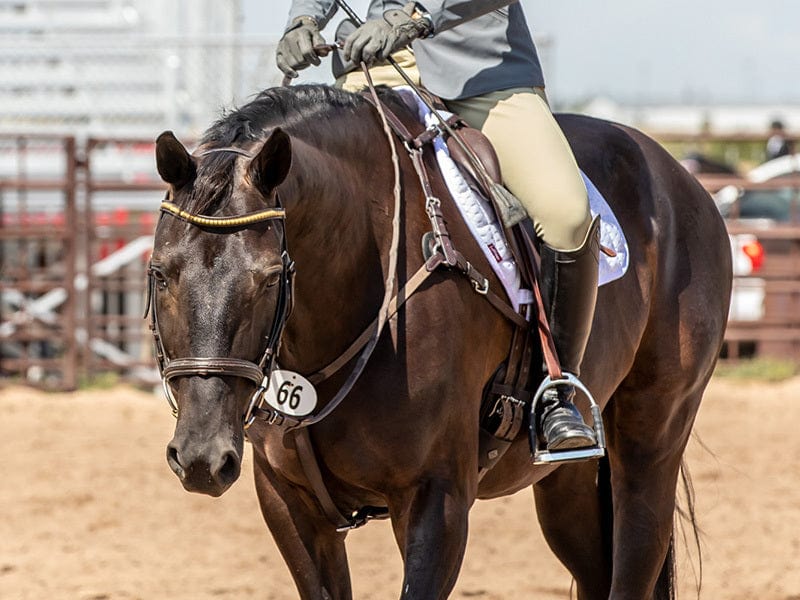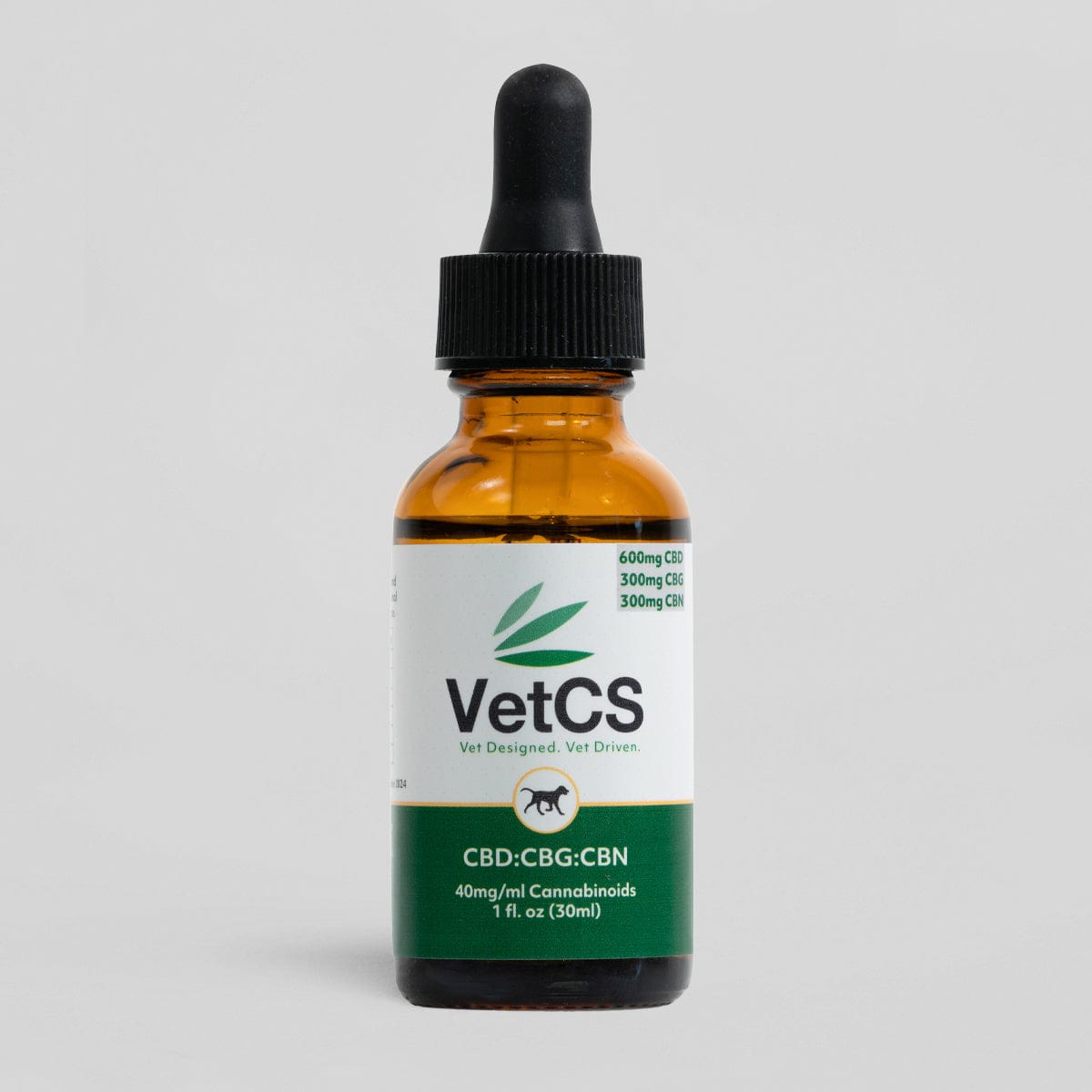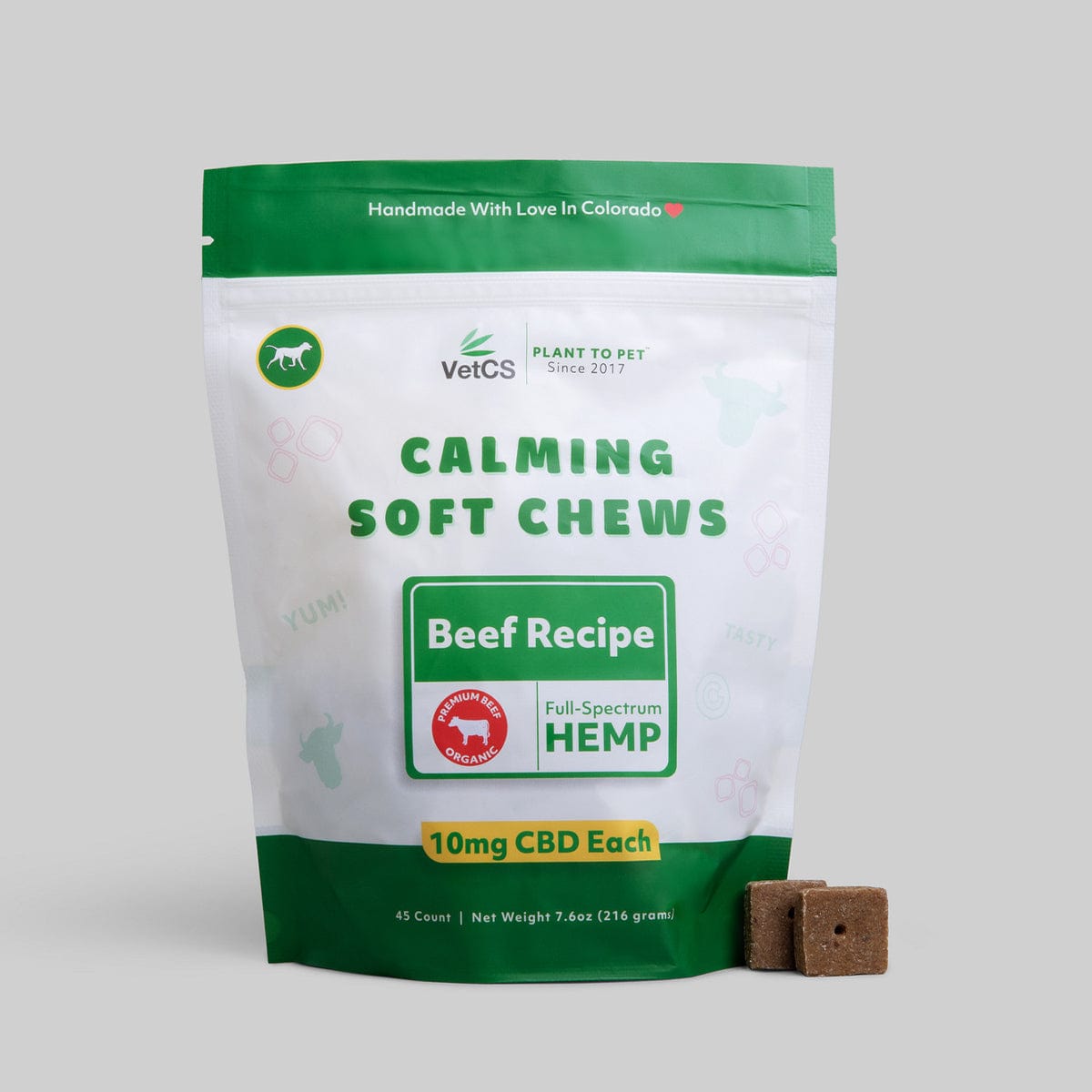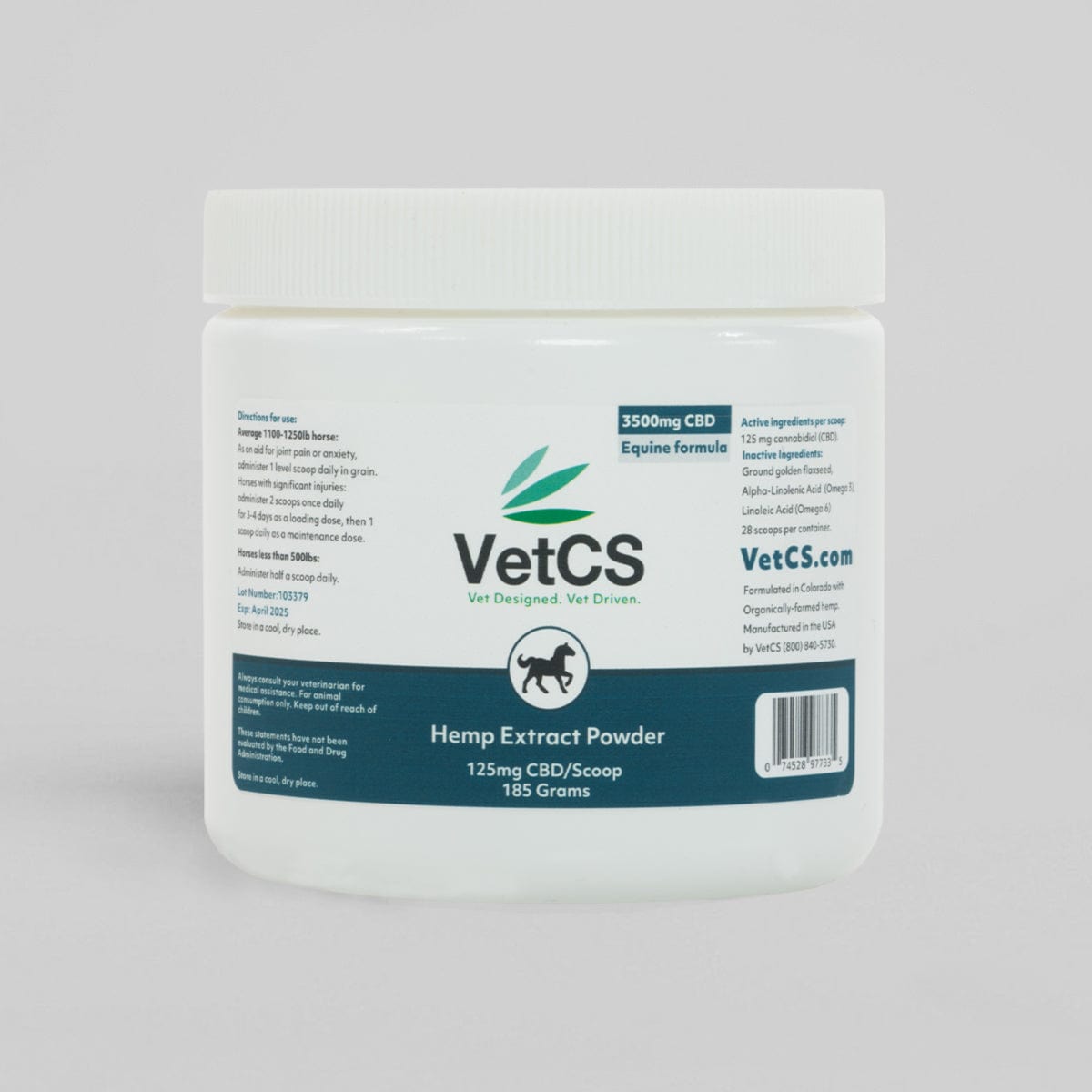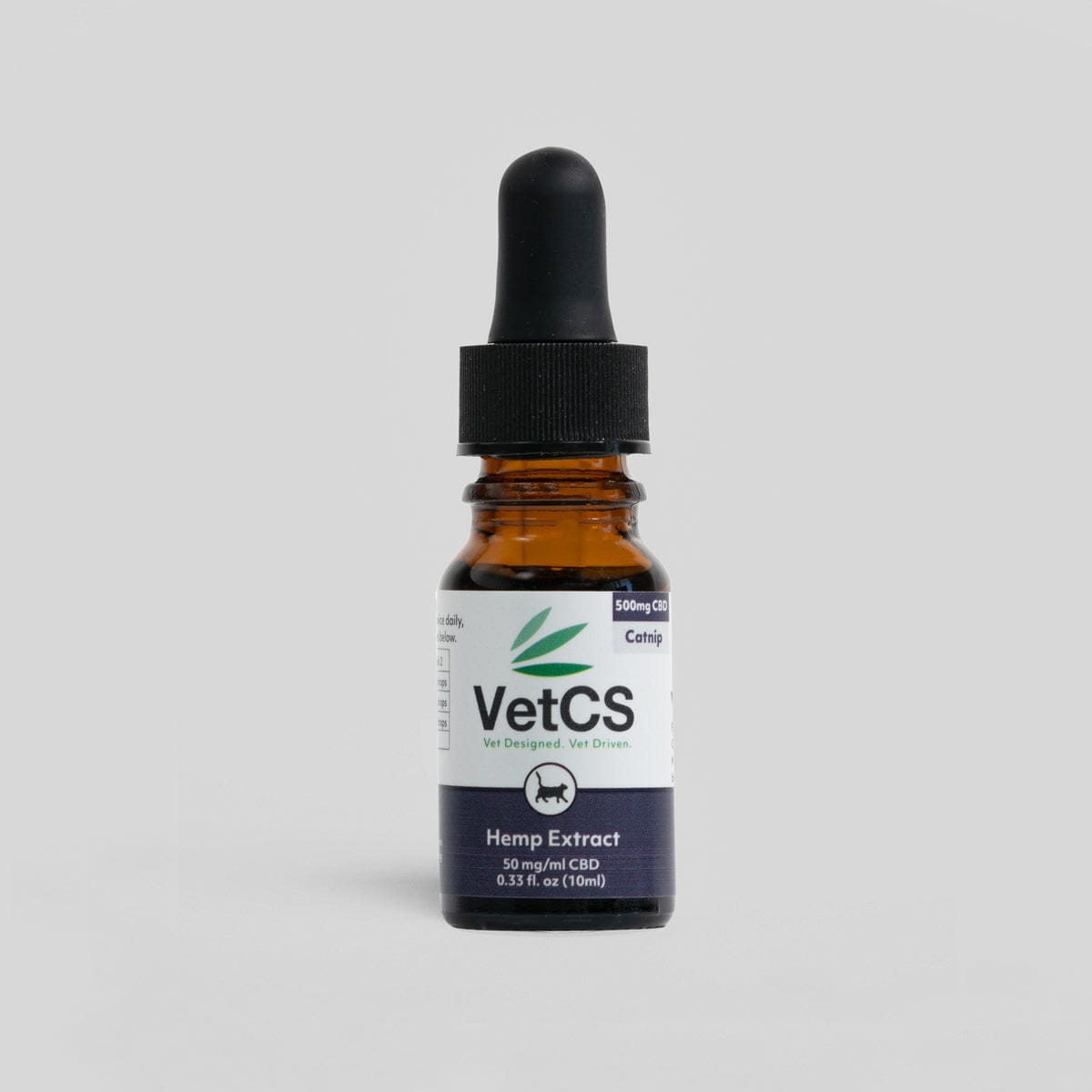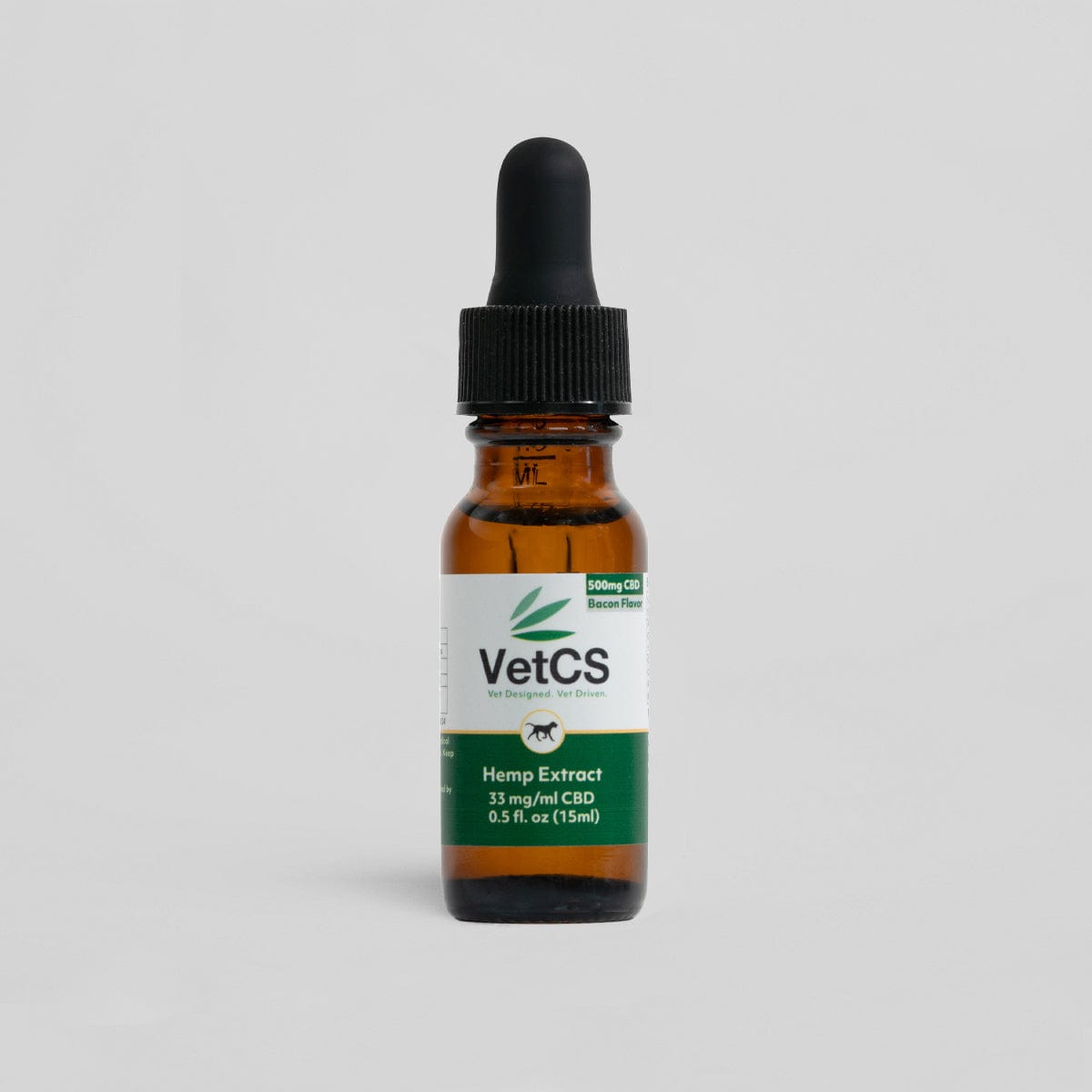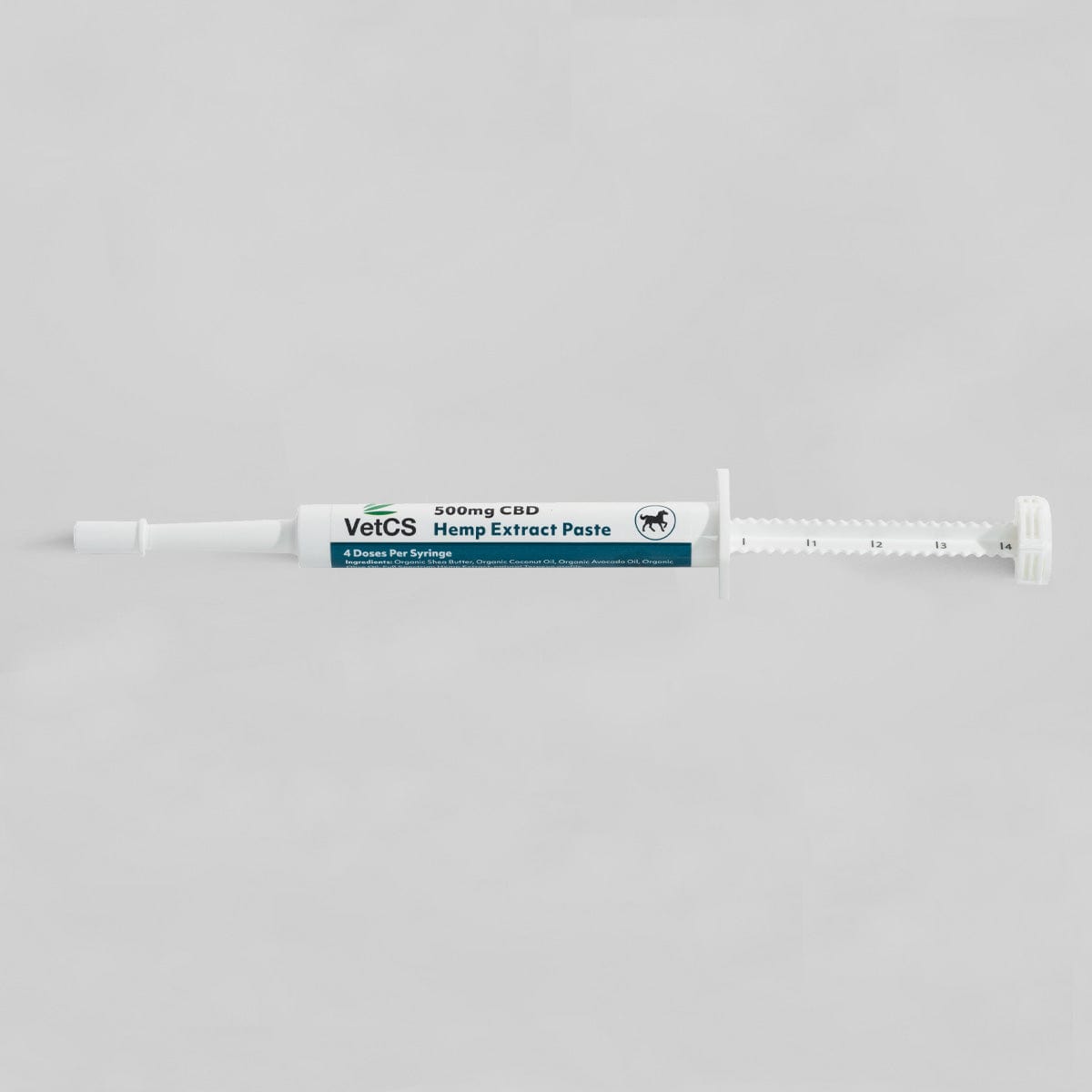Co-authored by: Rachel Laurie Harris CPDT-KA, owner A Good Feeling Dog Training and Trish Wilhelm CVT, VCC, Co-Founder of VetCS
 Once you start to understand more of “what” is causing your dog’s anxiety, other important observations are how long they stay anxious and when they can come back to their baseline. If your dog is experiencing anxiety for long durations of time, you know it's time to get them the help they may need to feel better quickly. For the dogs experiencing more generalized anxiety, you may need to have a daily regime of calming aids and enrichment protocols to help them deal with each day. Long-term anxiety that is left without support, can potentially create a host of negative effects on your dog's emotional and physical well-being.
Once you start to understand more of “what” is causing your dog’s anxiety, other important observations are how long they stay anxious and when they can come back to their baseline. If your dog is experiencing anxiety for long durations of time, you know it's time to get them the help they may need to feel better quickly. For the dogs experiencing more generalized anxiety, you may need to have a daily regime of calming aids and enrichment protocols to help them deal with each day. Long-term anxiety that is left without support, can potentially create a host of negative effects on your dog's emotional and physical well-being.
Training plans that address anxiety are often rooted in systematic desensitization protocols. That always starts at the level that the dog is comfortable with, and gradually increases the anxiety producing stimulus. It's important to note that if your dog is experiencing a high level of anxiety, punishment based and or aversive training methods should be avoided at all costs. Negative punishment will increase anxiety, not decrease it. Always seek the help of a qualified positive reinforcement-based trainer that has experience dealing with your dog's specific anxiety.
One of our most popular applications for CBD therapy is using it as an aid to relieve stress and anxiety in dogs, cats, and horses. For cases like situational anxiety (fireworks, car rides etc.) we can use CBD therapy on a needed basis about 30 to 45 minutes before the stressful event. Our
For generalized anxiety or "everyday anxiety", we suggest twice daily dosing of CBD to maintain a consistent level of relief. We have also found that for generalized anxiety it is very helpful to use CBD during training sessions to help them "take the deep breath" we wish we could tell them to take, and be more malleable to the training process. Our standard tinctures work very well for generalized anxiety; however, if your dog has advanced anxiety, we recommend trying our CBD:CBG:CBN tincture for maximum benefit.
If you have questions about your dog's anxiety or need help with product selection or dosing that's appropriate for your dog's situation, please feel free contact VetCS for assistance!
Anxiety in pets is more common than you might think! If you are worried that your dog is experiencing a high level of anxiety, it's essential to observe their environment and behavior to learn more about the "what" and the "why" before dealing with it. Let’s review a few key details: what is causing the anxiety, how long are they anxious, and how quickly they can calm down. Learning these facts can be helpful to move into a training plan with a positive reinforcement certified trainer.
When we look at the reason for the anxiety, sometimes the reason can be very obvious. For example, fireworks are a very common occurrence to cause anxiety in our pets. Unfortunately, other times it's not as easy to see the reason. Some dogs can present as anxious more frequently and it's hard to tell the “why”. Anxiety in dogs generally falls into two categories: situational and generalized. If you are unsure of the "why" to your dog's behavior, it is important to seek the help of a qualified professional to help you assess your dog to determine the cause. A certified dog trainer and your veterinarian may be needed to decrease your dog's overall anxiety…teamwork makes the dream work!
When we look at the reason for the anxiety, sometimes the reason can be very obvious. For example, fireworks are a very common occurrence to cause anxiety in our pets. Unfortunately, other times it's not as easy to see the reason. Some dogs can present as anxious more frequently and it's hard to tell the “why”. Anxiety in dogs generally falls into two categories: situational and generalized. If you are unsure of the "why" to your dog's behavior, it is important to seek the help of a qualified professional to help you assess your dog to determine the cause. A certified dog trainer and your veterinarian may be needed to decrease your dog's overall anxiety…teamwork makes the dream work!

Training plans that address anxiety are often rooted in systematic desensitization protocols. That always starts at the level that the dog is comfortable with, and gradually increases the anxiety producing stimulus. It's important to note that if your dog is experiencing a high level of anxiety, punishment based and or aversive training methods should be avoided at all costs. Negative punishment will increase anxiety, not decrease it. Always seek the help of a qualified positive reinforcement-based trainer that has experience dealing with your dog's specific anxiety.
One of our most popular applications for CBD therapy is using it as an aid to relieve stress and anxiety in dogs, cats, and horses. For cases like situational anxiety (fireworks, car rides etc.) we can use CBD therapy on a needed basis about 30 to 45 minutes before the stressful event. Our
VetCS tinctures are perfect for this, as they are an excellent option for quick absorption. All dosing is based on the weight of your dog. We recommend starting lower at our "week 2" dosing range on our dosing chart, as we typically see excellent results with lower dosing scale for situational anxiety. All dogs have the potential to respond a bit differently to dosing, so we can always adjust our dose as needed on a case-by-case basis.
For generalized anxiety or "everyday anxiety", we suggest twice daily dosing of CBD to maintain a consistent level of relief. We have also found that for generalized anxiety it is very helpful to use CBD during training sessions to help them "take the deep breath" we wish we could tell them to take, and be more malleable to the training process. Our standard tinctures work very well for generalized anxiety; however, if your dog has advanced anxiety, we recommend trying our CBD:CBG:CBN tincture for maximum benefit.
If you have questions about your dog's anxiety or need help with product selection or dosing that's appropriate for your dog's situation, please feel free contact VetCS for assistance!




